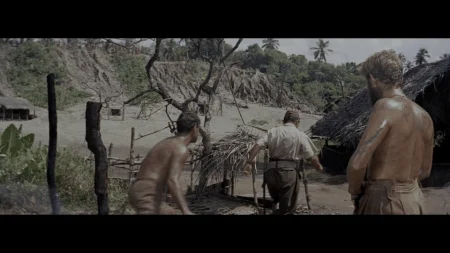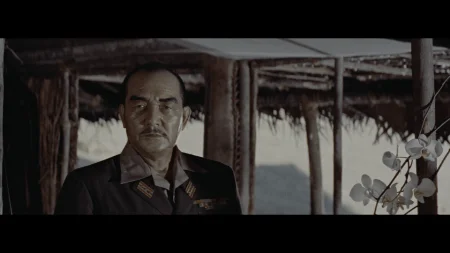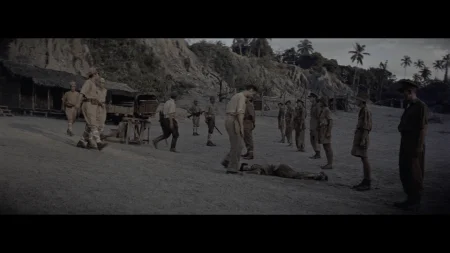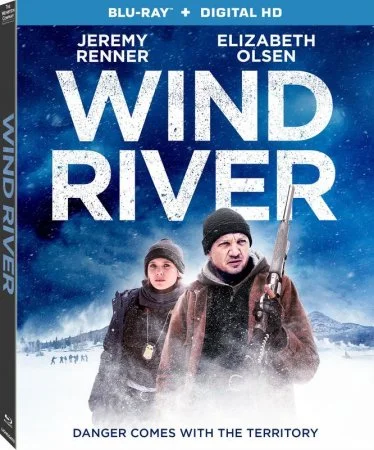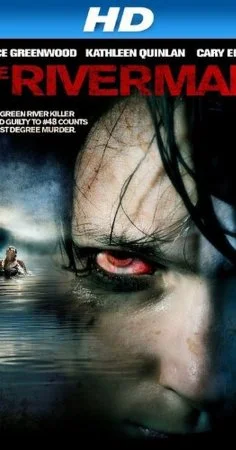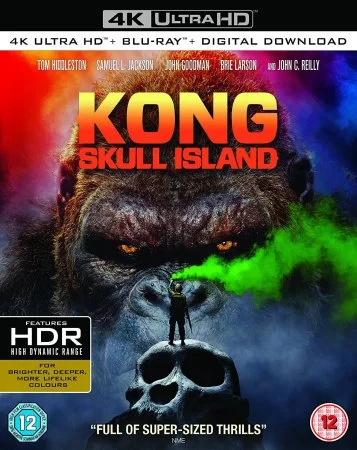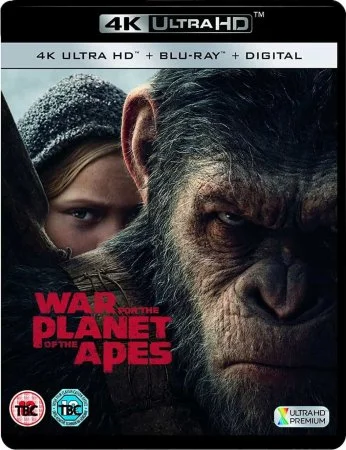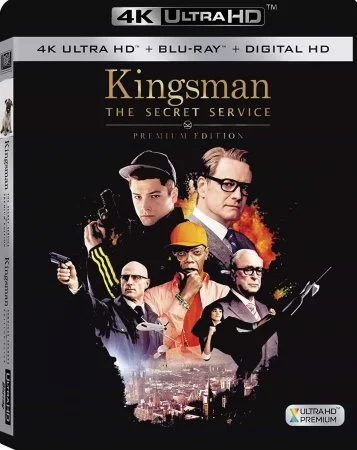Featured Movies
The Bridge on the River Kwai (1957)
Сountry: UK | USA
Genre: Drama
Language: English: Dolby Atmos English: Dolby TrueHD 7.1 (48kHz, 24-bit) English: DTS-HD Master Audio 5.1 Czech: Dolby Digital 5.1 French: Dolby Digital 5.1 German: Dolby Digital 5.1 Hungarian: Dolby Digital 5.1 Italian: Dolby Digital 5.1 Japanese: Dolby Digital 5.1 Polish: Dolby Digital 5.1 Portuguese: Dolby Digital 5.1 Russian: Dolby Digital 5.1 Spanish: Dolby Digital 5.1 Note: Polish VO, Russian VO, Spanish Castilian and Latin American
Cast: William Holden, Alec Guinness, Jack Hawkins, Sessue Hayakawa, James Donald, Geoffrey Horne, Andr Morell, Peter Williams, John Boxer, Percy Herbert, Harold Goodwin, Ann Sears, Heihachir kawa, Keiichir Katsumoto, M.R.B. Chakrabandhu...
A group of British POWs are forced to build a bridge in Burma for the Japanese. Led by Colonel Nicholson, they not only build the bridge but organise the whole building program and are proud of the final result. However, unbeknownst to the POWs, a British commando team has been given a mission to destroy it. The Bridge on the River Kwai (1957) HDR10 Blu-ray remux 2160p.
For more about The Bridge on the River Kwai 4K and the The Bridge on the River Kwai 4K Blu-ray release, see the The Bridge on the River Kwai 4K Blu-ray Review published by Martin Liebman on October 8, 2017 where this Blu-ray release scored 4.5 out of 5.
Captured by the Japanese, British soldiers and their commander Colonel Nicholson are forced to build a railway bridge across the Kwai River in Burma. Despite the ferocious nature of Colonel Saito, Nicholson shows real courage. Meanwhile, the commander appoints a commando group to destroy this strategically important object.
"May he rest in peace, which he so lacked in life" (c)
By Oppression`s woes and pains!
By your Sons in servile chains!
We will drain our dearest veins,
But they shall be free!
Lay the proud Usurpers low!
Tyrants fall in every foe!
Liberty`s in every blow! -
Let us Do or Die!
(Robert Burns)
David Lyn's film "The Bridge over the River Kwai" is not strictly military, just like the star movie of the English director "Lawrence of Arabia" does not represent a pure biography of the legendary British intelligence officer. The director does not focus his attention on the anti-militaristic message. Both films are primarily about people. On the psychology of the relationship of personalities in military times. About how extreme conditions change people not for the better. And that man can create maniacal thirst for the ideal.
When viewing the "Bridge over the River Kwai" involuntarily there is the thought that this film for Sir David Leen was a kind of warm-up before "Lawrence", shot five years later. The same close-ups of the most beautiful oriental landscapes, the same subtly outlined psychological portraits, the same interestingly discussed and presented problem of relations between East and West, and the Oscar-winning soundtrack of Maurice Jarre from Lawrence is consonant with music in Most, and even the two main characters - Colonel Nicholson and scout Thomas Edward Lawrence - have similarities in their characters.
The plot of the picture is simple: Colonel Saito requires the British prisoners of war to build a strategically important railway bridge across the River Kwai. However, the protagonist of the painting, Colonel Nicholson, in every possible way sabotages his subordinates, refusing to work on the construction of the bridge, and nothing can break it: neither standing under the scorching sun, nor a punishment cell, nor promises. But after a while the colonel goes mad and turns into a maniac obsessed with the idea of building an ideal bridge.
"The Bridge on the River Kwa" can be considered a picture no worse than "Lawrence of Arabia", and in this the merit of the main role is very great. Colonel Nicholson - a true Englishman, comes from a civilized country, in the wild conditions of the military camp, appeals to the Geneva Convention and the law. Lin subtly draws a confrontation between the English colonel and the Japanese military: for the first surrender to prisoners of war - a pledge that you will live, for the second - an act of cowardice. The first appeals to the Geneva Convention, the second - to the Bushido Code. Classical West with the East, not descending from the seats. But at the same time, Nicholson has some features that Lin will later give his Thomas Edward Lawrence: this is an unusually strong will, pronounced leadership qualities, inflexibility and, to some extent, obsession. For Nicholson, as for Lawrence, self-affirmation is important, a chance to feel like a prophet leading people. These are people who are to some extent elevated above objective reality. Alas, this works in both directions, courage and strong will happen both with a plus sign, and with a minus sign. And such individuals will not stop at anything, to achieve their goals, they easily climb on their heads and step over morals. Nicholson will easily give not only his blood, but blood from the veins of his subordinates to achieve the goal. This is uncommon and to some extent insanity. Or the banal psychiatric insanity, who suffer from eating nails for dinner. It is rather insanity, turned for the benefit of high and noble ideas. Before such psychopaths bow their heads, they are adored and hated, they are able to go to the end or fight to the death.
"Young people like to fight, and the virtues of war are the virtues of the young: courage and faith in the future. Old people make peace, and the vices of the world are the vices of the elderly: mistrust and caution "(c)
The film "Bridge over the River Kwai" shows the psychology of wartime. It is quite possible to call it "cinema about the war without war". There are no explosions, bombing or trenches, there is a camp for prisoners of war and people who are not being able to rest in one way or another to the railway bridge under construction. Courage and faith in the future is permeated by the madness of Colonel Nicholson. Courageously go to their goal and believe in better times those who decided to blow up the bridge. Colonel Saito does not disdain any means and obsesses the idea of building a bridge no less than Nicholson obsessed with his insanity. David Lin does not pull the viewer by the sleeve in a desire to let him know that this is good, but that's bad. Because his picture is devoid of positive and negative characters, everyone has his own faith and his own truth. The "dignity" of the war is shown in full. Military madness is very acute during the last ten minutes of the film. The bestial jaws of the POW camp mercilessly chew everyone who was not fortunate enough to be there. There is no subtle cruelty, severed limbs and a mountain of corpses, but the denunciation of war is in every frame, every word, every gesture. And in parallel, the director sadly diagnoses the destructive nature of maniacs who, possessed by high and noble madness, will not spare either their own belly or another's. Demiurge from British cinema, David Lin jewelry demonstrated to the viewer the psychology of personalities who passed through the crucible of war. Clearly and trivially said about the strong people and their strong weaknesses.
The madness is over. Above the close-up of the most beautiful place of shooting, a march, stylized for the soundtrack, sounds. So you want to breathe heavily, move away and, closing your eyes, again imagine all the key moments of the film. The English director followed the path of the great German Remarque, showing that war is doing with human souls. There are times when victory is very hard to take (c). War is just such a time. After that, you will not be perfectly healthy and you will not drink to the bottom a cup with the victory glory in it, because there will be a burn on the soul, eventually growing into a terribly aching scar. As we read in the childhood the words of Janusz Korczak, which he told his young readers through the mouth of his child king, Matiush: "The war is asleep, but at any moment it can wake up." This was written by a great Polish educator and doctor. This film was shot by a great English director. And maybe someday such a warning will cease to be peas being thrown into the wall, and will play its important applied role. And the cinema turned out excellent, worthy of its seven "Oscars". Although for such works of art can not be rewarded with an armful of film awards, nor with the first places in film directories, nor with a lifetime memorial - the main one still remains between the lines, in the semantic intervals between words, hangs in the air and "burns the hearts of people with a verb".
We change rivers, countries, cities ...
Other doors ... New years ...
And nowhere we can not get away from ourselves,
And if you get away - only to nowhere.
(Omar Khayyam)
To my wonderful friend, with gratitude for infinite kindness and care, is dedicated. We know that sometimes it is better to go crazy than not to act, and even better know where the line between noble daring and psychiatric insanity. I appreciate it!
Video
Codec: HEVC / H.265
Resolution: Native 4K (2160p)
HDR: HDR10
Aspect ratio: 2.55:1
Original aspect ratio: 2.55:1
Audio
English: Dolby Atmos
English: Dolby TrueHD 7.1 (48kHz, 24-bit)
English: DTS-HD Master Audio 5.1
Czech: Dolby Digital 5.1
French: Dolby Digital 5.1
German: Dolby Digital 5.1
Hungarian: Dolby Digital 5.1
Italian: Dolby Digital 5.1
Japanese: Dolby Digital 5.1
Polish: Dolby Digital 5.1
Portuguese: Dolby Digital 5.1
Russian: Dolby Digital 5.1
Spanish: Dolby Digital 5.1
Note: Polish VO, Russian VO, Spanish Castilian and Latin American
Subtitles
English, English SDH, French, German, Italian, Japanese, Portuguese, Spanish, Arabic, Czech, Danish, Dutch, Finnish, Greek, Hebrew, Hungarian, Indonesian, Korean, Mandarin (Simplified), Mandarin (Traditional), Norwegian, Polish, Slovak, Swedish, Thai, Turkish
Codec: HEVC / H.265
Resolution: Native 4K (2160p)
HDR: HDR10
Aspect ratio: 2.55:1
Original aspect ratio: 2.55:1
Audio
English: Dolby Atmos
English: Dolby TrueHD 7.1 (48kHz, 24-bit)
English: DTS-HD Master Audio 5.1
Czech: Dolby Digital 5.1
French: Dolby Digital 5.1
German: Dolby Digital 5.1
Hungarian: Dolby Digital 5.1
Italian: Dolby Digital 5.1
Japanese: Dolby Digital 5.1
Polish: Dolby Digital 5.1
Portuguese: Dolby Digital 5.1
Russian: Dolby Digital 5.1
Spanish: Dolby Digital 5.1
Note: Polish VO, Russian VO, Spanish Castilian and Latin American
Subtitles
English, English SDH, French, German, Italian, Japanese, Portuguese, Spanish, Arabic, Czech, Danish, Dutch, Finnish, Greek, Hebrew, Hungarian, Indonesian, Korean, Mandarin (Simplified), Mandarin (Traditional), Norwegian, Polish, Slovak, Swedish, Thai, Turkish
File size: 85.78 GB

You have purchased premium on MoonDL or TakeFile. You will automatically be activated an additional 512 GB of traffic every 48 hours or up to 128 GB every 48 hours (Premium Moon).
Watch trailer of the movie The Bridge on the River Kwai (1957)
Maybe You like:
Add comments
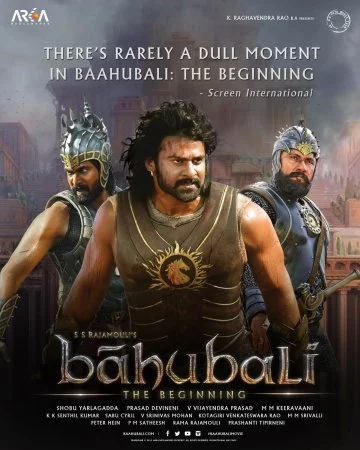
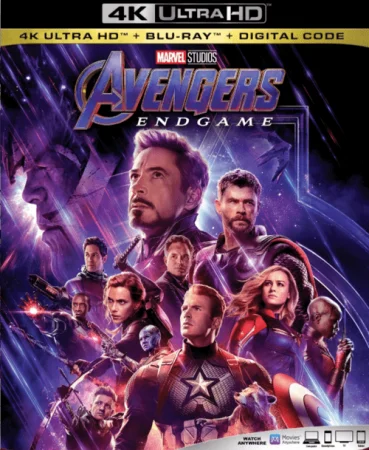
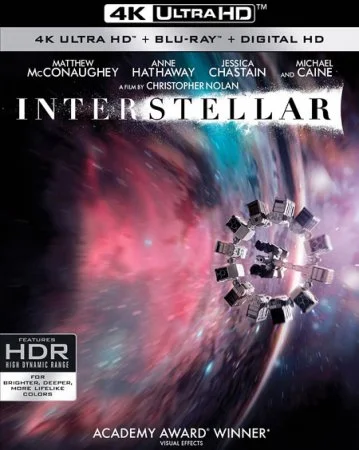
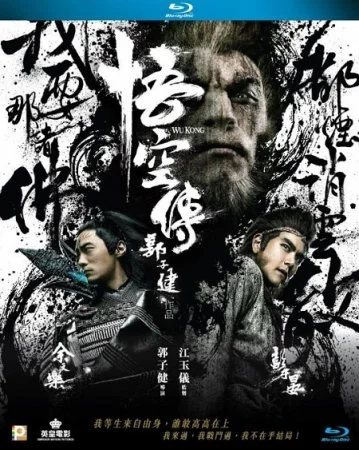
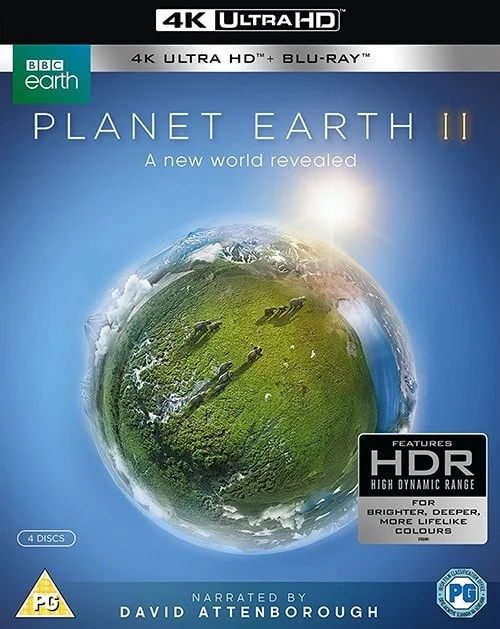


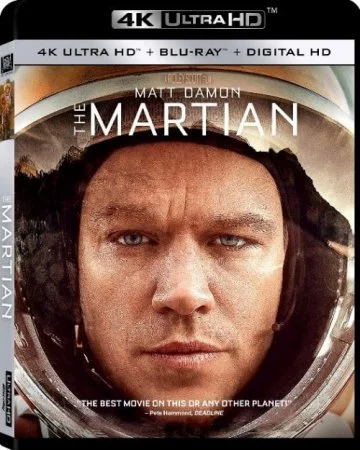
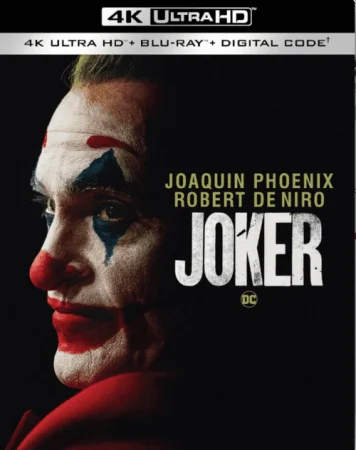
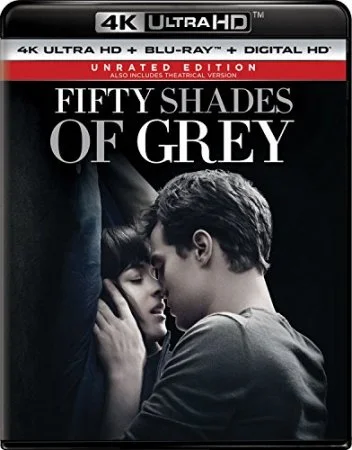
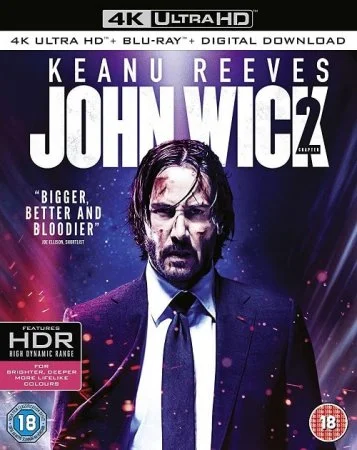
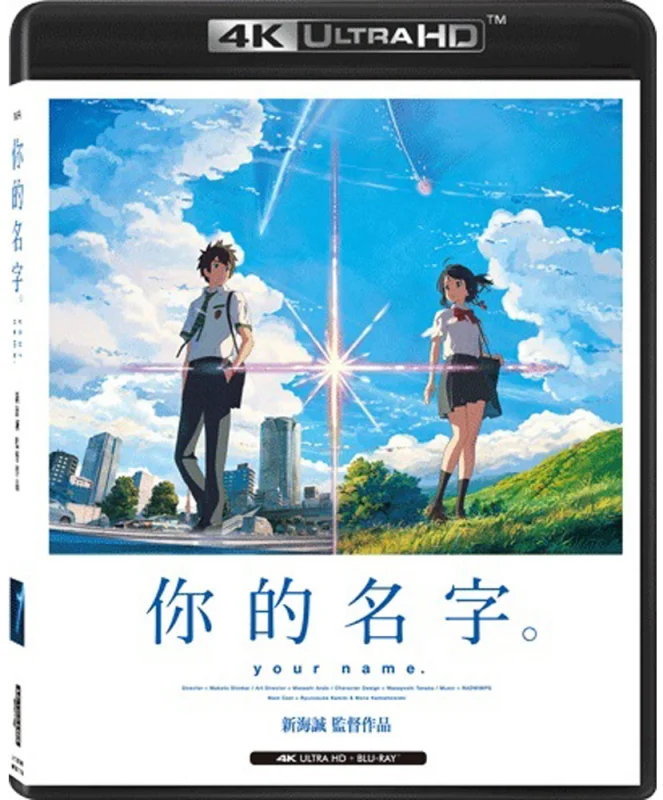
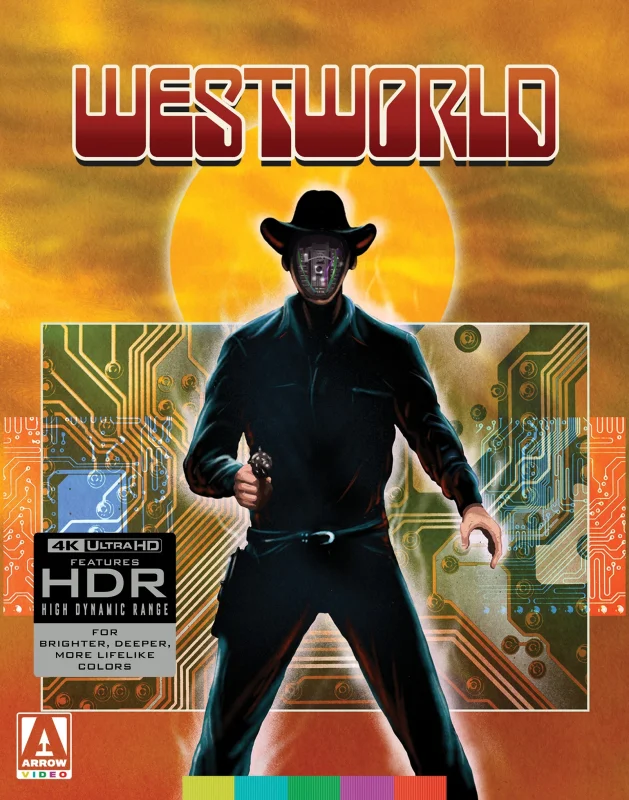
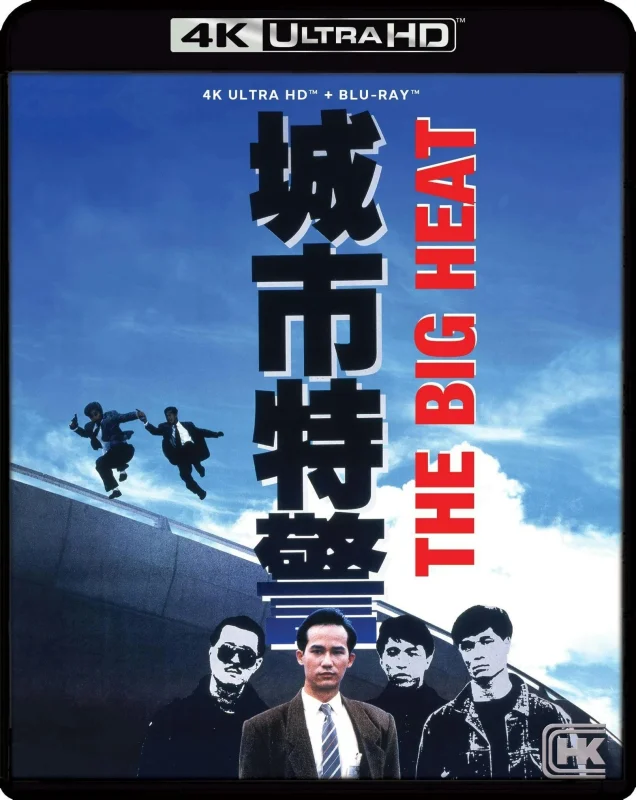
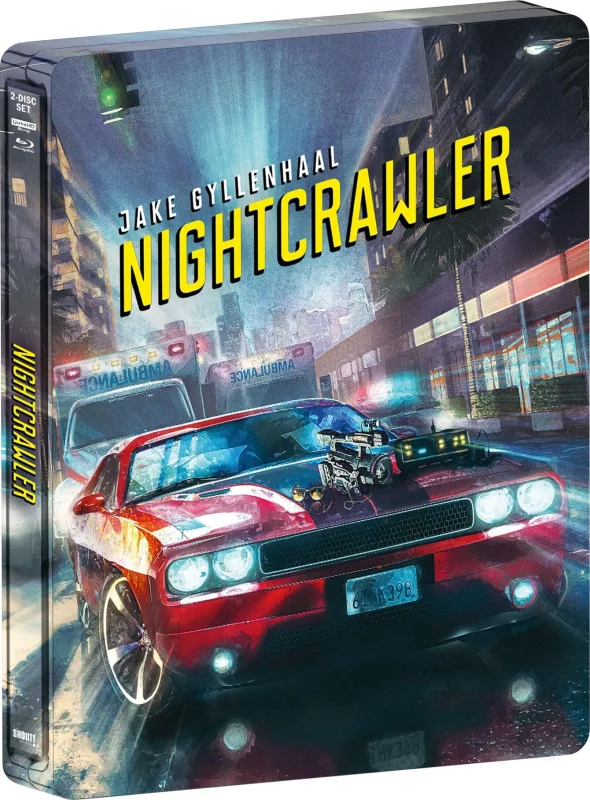
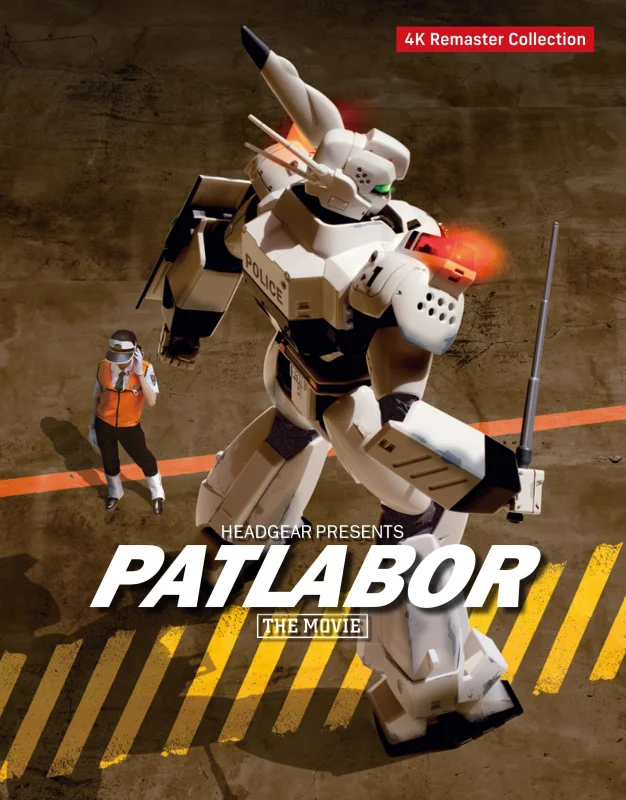



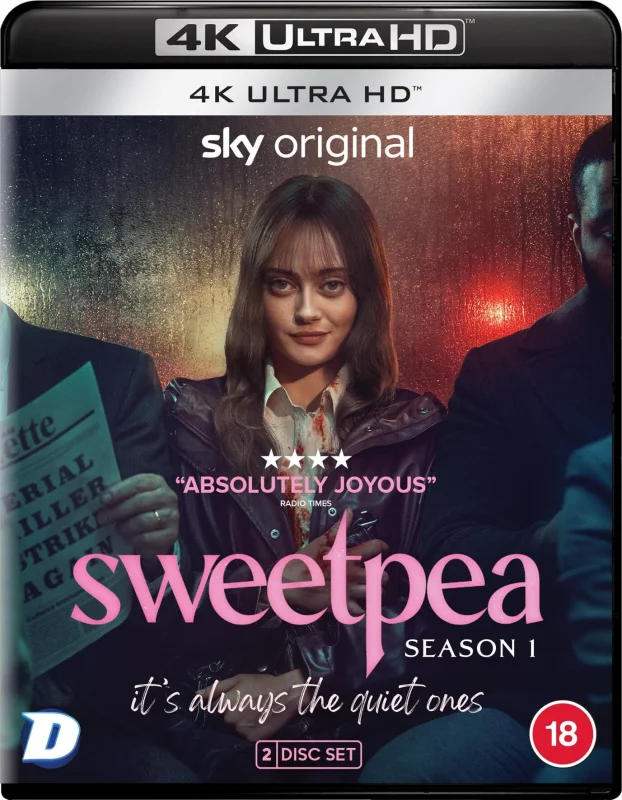

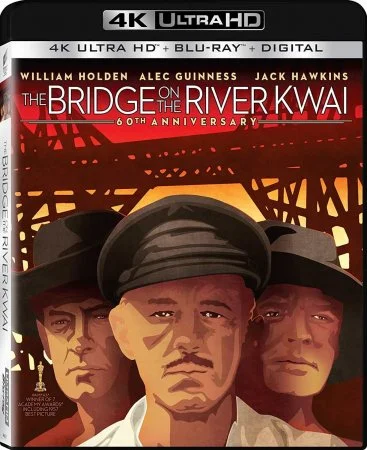
 Like
Like Don't Like
Don't Like